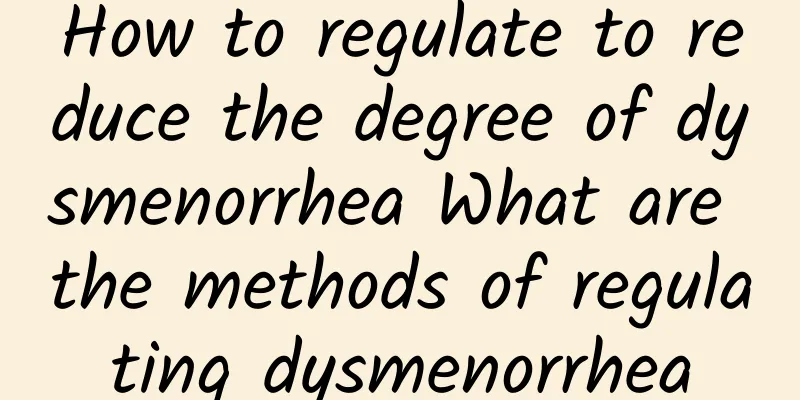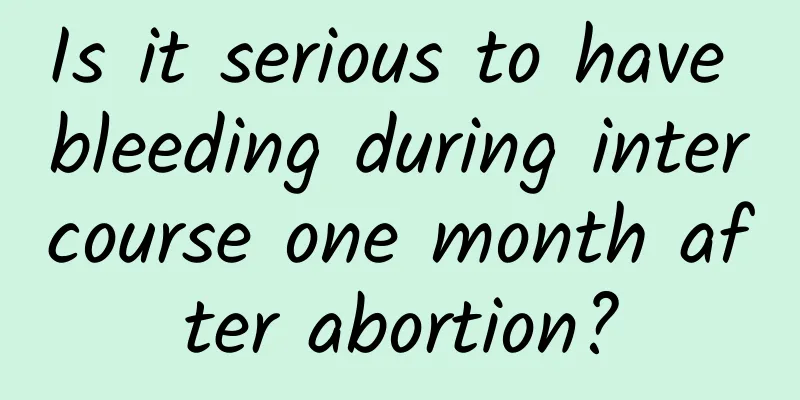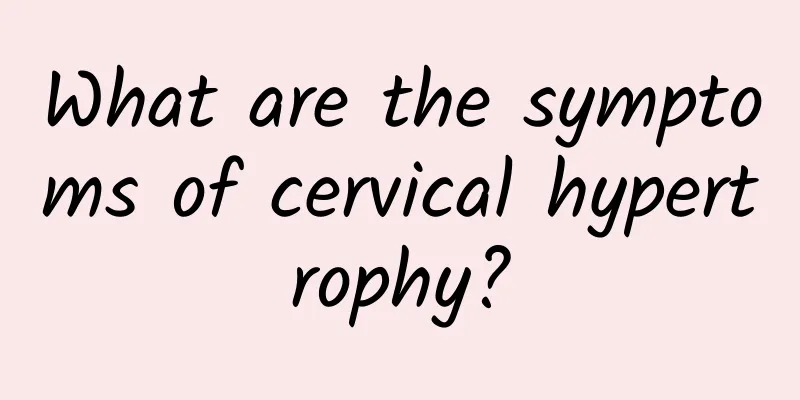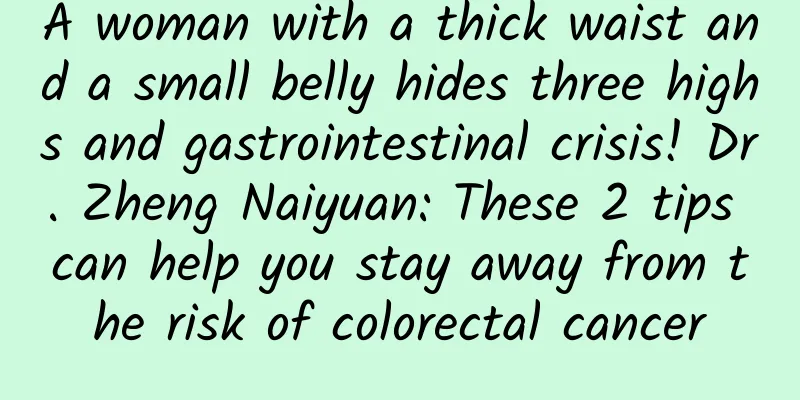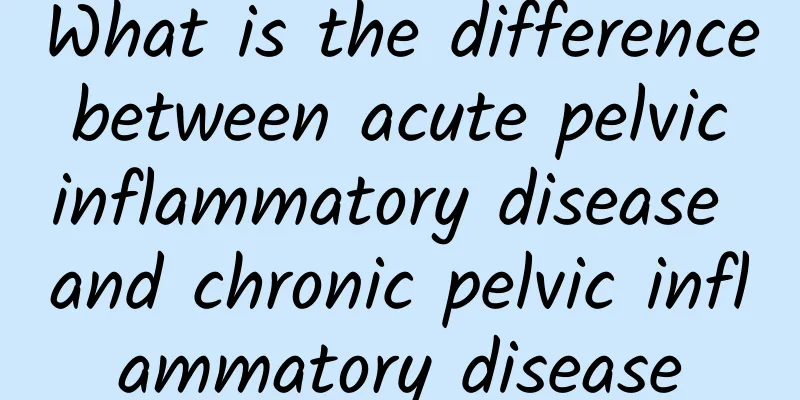What are the treatments for chronic adnexitis?
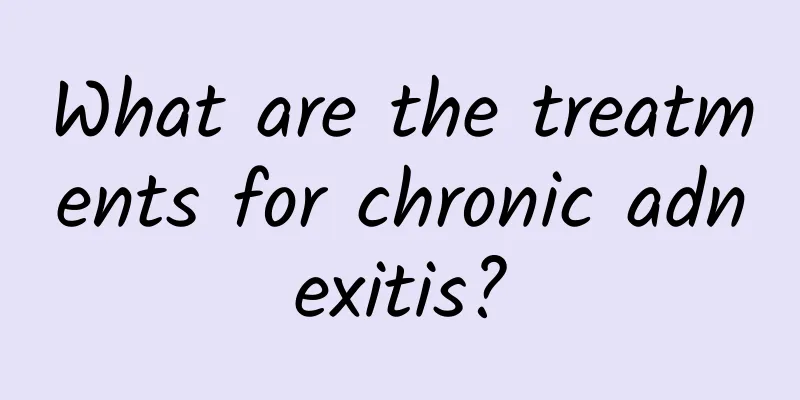
|
What are the treatments for chronic adnexitis? Women's appendages include fallopian tubes and ovaries, and adnexitis, as the name suggests, refers to inflammation that occurs in the fallopian tubes and ovaries. This disease is a relatively common gynecological disease, which is clinically divided into two types: acute and chronic. Let's take a look at the treatments for chronic adnexitis. Chronic adnexitis causes varying degrees of abdominal pain. Chronic inflammation recurs over time, causing pelvic congestion, connective tissue fibrosis, and adhesions of pelvic organs. Patients experience symptoms such as lower abdominal distension, pain, and lumbar pain, which can be mild or severe, accompanied by increased leucorrhea, back pain, and menstrual disorders, which often worsen during menstruation or after fatigue. 1. Anti-inflammatory drug treatment: Since it is a gynecological inflammation, the patient should show abnormal white blood cells after a blood test and other examinations. At this time, it is necessary to use anti-inflammatory drugs to relieve the symptoms, but it is not recommended for patients to use antibiotics indiscriminately. If drug resistance is developed, taking more drugs will be ineffective. 2. Surgical treatment: This method also has indications. For example, if the patient has acute abdominal pain, peritonitis, adnexal cysts and other symptoms, surgical treatment is required. If the treatment is delayed, it will be dangerous. However, the operation will more or less cause harm to the body. Therefore, after the operation, you must pay attention to rest more, avoid getting out of bed and walking around, and reduce surgical bleeding. 3. Health care: Physical therapy is also a relatively effective rehabilitation treatment, which can promote local swelling and tissue regeneration and relieve pain. Patients should pay attention to getting more rest and supplementing with rich nutrition in their lives, but do not eat spicy food to avoid stimulating tissue recovery. You can eat some light liquid food first to prevent constipation. The treatment of chronic adnexitis needs to be tailored to the individual to be more effective. Patients need to control the inflammation first and then consider the next treatment plan. In particular, adnexitis can affect the health of the fallopian tubes, cause hydrosalpinx, fallopian tube blockage, etc. Patients need treatments such as fallopian tube insufflation. |
<<: What are the home care measures for pelvic inflammatory disease?
>>: What should women pay attention to in their daily life when they have dysmenorrhea
Recommend
When is it necessary to remove uterine fibroids? When is it necessary to remove uterine fibroids?
When is it necessary to remove uterine fibroids? ...
Premature ovarian failure treatment costs
Nowadays, with the emergence of many female white...
Precautions after medical abortion
Although medical abortion is a small matter, you ...
No breast swelling and pain before menstruation. Swelling and pain in the past
No breast swelling and pain before menstruation. ...
Walking is more effective in reducing weight than ball games
The two main principles of healthy weight loss ar...
What happens if my vulva itches after my period?
What happens if my vulva itches after my period? ...
Can a woman with a thick endometrium get pregnant?
Can you get pregnant if your endometrium is thick...
What are the symptoms of worsening uterine fibroids in women?
We all need to understand the symptoms of worseni...
What to eat after an abortion to recover quickly What to eat after an abortion to replenish the body
What to eat after abortion to recover quickly Aft...
Can amenorrhea be cured?
There are currently three main methods for treati...
Can you still have sex after an abortion? What are the precautions for an abortion?
Nowadays, many young lovers and couples choose ab...
Symptoms of pregnancy complicated with uterine fibroids What are pregnancy complicated with uterine fibroids
Uterine fibroids are one of the most common benig...
How to perform hysteroscopy and laparoscopy, 3 steps to perform hysteroscopy and laparoscopy
For hysteroscopy and laparoscopy, anesthesia is f...
Are people who love running smarter? How aerobic exercise benefits the brain
It’s runners’ favorite season again! There are ma...
What are the causes of ovarian cysts? Can you briefly introduce them?
What are the common causes of ovarian cysts? Many...
